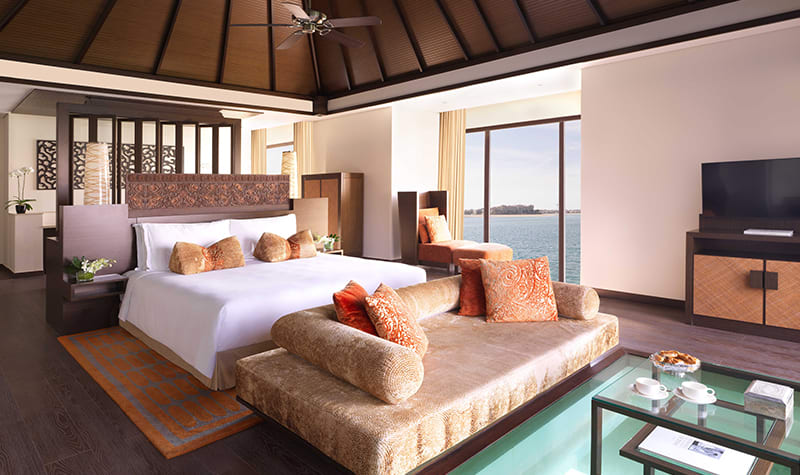Consumers are more demanding than ever as their thirst for travel grows, but market conditions change swiftly. Every stage of the consumer journey must be streamlined, from online search to pre-booking to check-out. While cutting-edge hotel technology can greatly enhance your visitors' online experience, it is only as powerful as the people who use it.
Without the proper technical training, tools, and abilities, hotels risk damaging guest relationships by misusing technologies supposed to enhance the visitor experience. The Hotelier PULSE analysis shows that hotels need to upskill their staff to match current travel demands.
In this post, we discuss what to consider before installing new technologies and how to effectively train hotel staff to maximize the guest experience.
Confusion, guest unhappiness, and a ruined brand reputation often result from failing to manage your hotel's website, online presence, and reservations in sync. Thus, it is critical that your employees are adequately trained on new technologies.
Encouraging employees to adopt a new solution is half the battle fought. To do this, we need a thorough plan of action that solves learning challenges, rewards achievements, and motivates employees to keep learning and improving.
To get started, follow these 7 steps:
1. Create a Launch and Rollout Plan
The largest challenge is increasing awareness of a new solution and clearly communicating how it will be implemented and add value. So, create excitement for the new platform with a detailed launch and distribution plan.
Your launch and rollout plan should outline who, what, where, and why. Here is a checklist for your new technology training launch and rollout plan:
Collect data on the platform's organizational advantages, pain issues it addresses, and all stakeholders.
When will the new technological solution be launched? When will staff be required to fully utilize the solution?
Identify training delivery methods: Determine whether it is best to roll out your new solution to all users at once or to select groups for specialized training.
Provide a range of training: Individual or departmental learning styles.
Reward early adopters and encourage late adopters: There will be early adopters and late adopters. When setting internal technology adoption goals, encourage early adopters while nurturing those who resist.
Without the direct involvement and engagement of your hotel's management team(s), a training project can easily fall by the wayside. Hotel managers may assist their staff appreciate the benefits of training by encouraging it, monitoring its progress, and include it in performance assessments.
Remember that individuals are unpredictable and may change how you onboard, integrate, and train during the implementation of a new solution. So keep modest and flexible expectations.
2. Show your team how hotel technology will improve their lives.
Even for those who favor innovation, change is difficult. But science tells us that humans are driven by emotions and will use statistics to back up their claims. Determining the difficulties your team faces daily and presenting a convincing vision of how the new solution can improve their work, the customer experience, and overall business success is critical.
Changing a manner of working will not slow people down if you begin by describing how the new solution would improve their work.
Employees must comprehend how technology will improve productivity, reduce weekend work, and help them fulfill quotas. You must persuade them that new technologies will improve their life. Everyone asks the same question: “What's in it for me?”
3. Identify Hotel Technology Training Champions to Inspire Others
Appointing internal champions who are really excited about new technology can have a big impact on hotel-wide adoption. It will also help you avoid unnecessary resistance from those who are opposed to the new option.
Create a trial group of employees from various teams to use the technology. Try not to hire solely those who are naturally drawn to technology.
Candidates should have excellent communication and interpersonal skills as they will be working with numerous people across the organization. People will grow more passionate about the new option as word spreads. Remember: “I want what my colleague has.”
4. Use Fun Hotel Technology Training Formats to Reward Success
As stated previously, new hotel technology solutions might be difficult to sell to new staff. However, gamifying the training and implementation process can help you succeed.
Learning skills in a pleasant and participatory approach produces a light, fluid learning atmosphere where personnel feel educated but not drilled from a dry and boring textbook. As a result, employees are more likely to pay attention and retain information.
With gamification, hoteliers may train employees without the boredom that comes with traditional training. Operators can also use gamification to assess and reward employees without their knowing.
5. Ask for feedback at every stage of learning
Everyone wants to be heard, so ask for feedback to identify learning and implementation issues and how to fix them. Preparation, training, and implementation should all include feedback.
Collect feedback after each training session and during the roll-out phase to assess the program's effectiveness. Stop there. Keep in touch with your staff, especially those who are struggling with adoption, so you may provide additional training as needed.
Training and technology can always be enhanced. Getting user input also allows you to advise your technology partner on new features to add to make a platform more intuitive and user-friendly.
6. Making Training Fun and Testing Learning Formats
There is no one-size-fits-all method to training. Each person has unique learning styles and interests. You must guarantee that your training does not bore your employees.
Choosy trainers You've invested heavily in this new technology, so you want to ensure the individual teaching your employees is not only educated but also enthusiastic. Encourage your trainers to regularly “read the room.” If they detect employees' eyes glazing over or attention slipping, it's time to shake things up.
It's also worth noting that many people prefer to study through technology. Even though employees read training materials and attend seminars, being “hands-on” with technology is frequently the most effective method.
7. Remember, ongoing training is required to adapt to change.
Hotel technology will continue to evolve along with the internet travel sector during the industry's recovery. Thus, training and development should never be considered as a one-time event, but as a continuing plan to keep your hotel's knowledge and abilities current.
Establish benchmarks and keep track of performance to discover gaps and improvements. Throughout the process, be receptive to input and take action on good ideas. Remember that employees who feel heard and valued will be more engaged with the new technology than those who feel ignored.
.png)









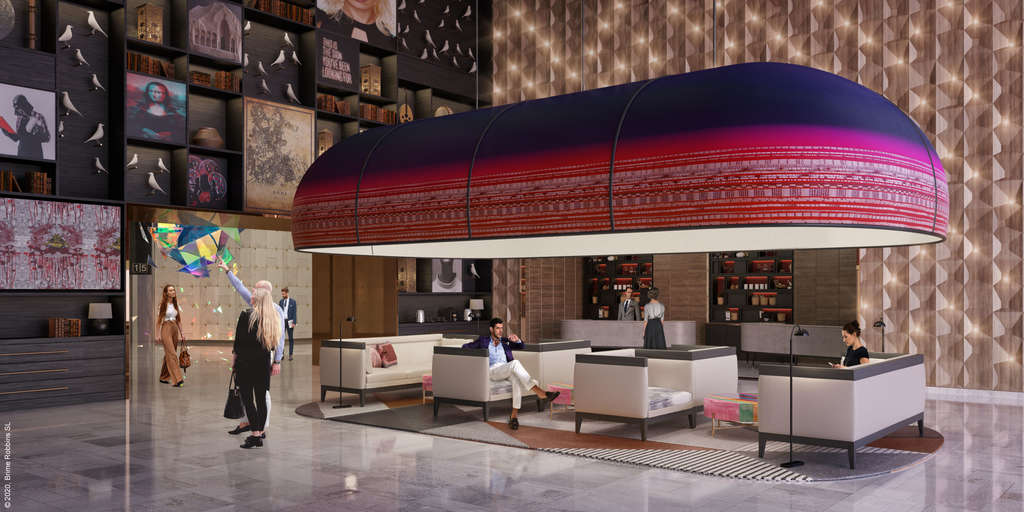
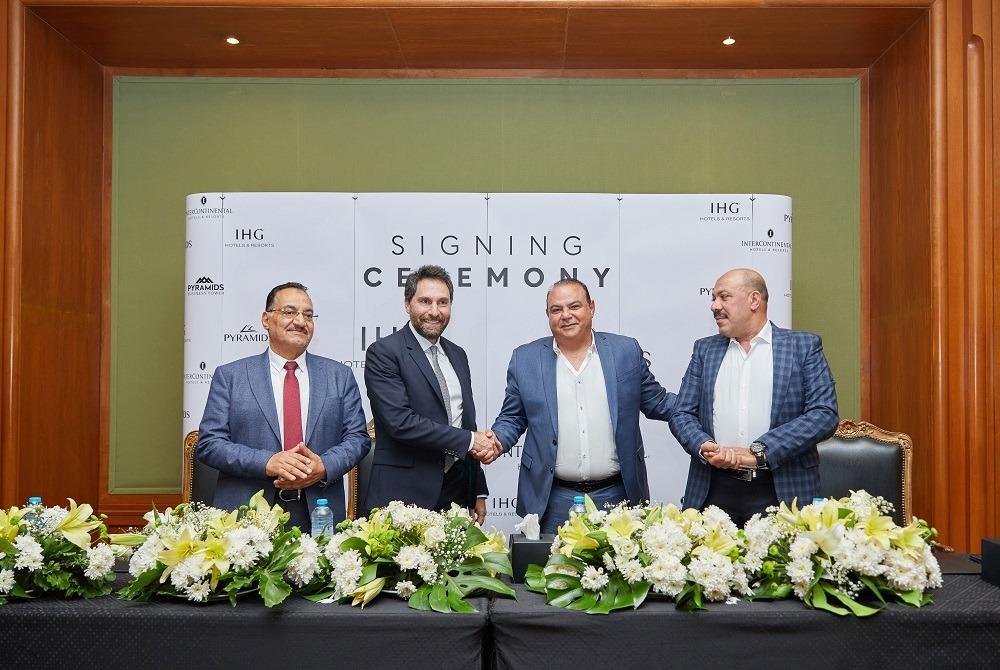
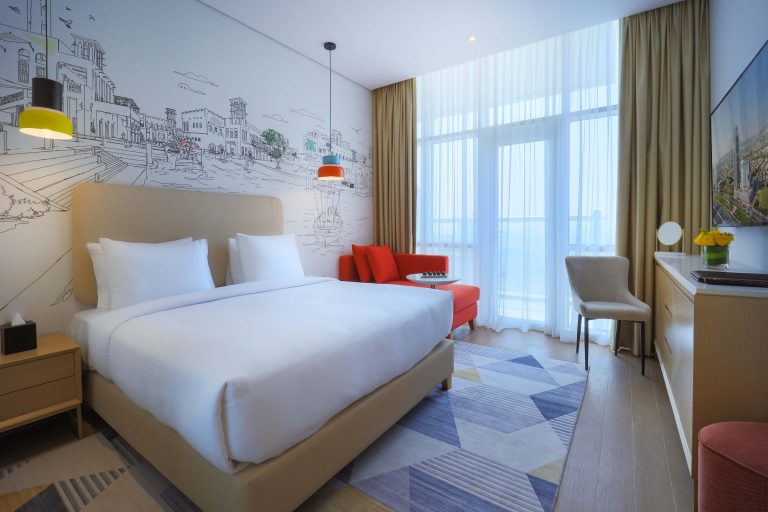





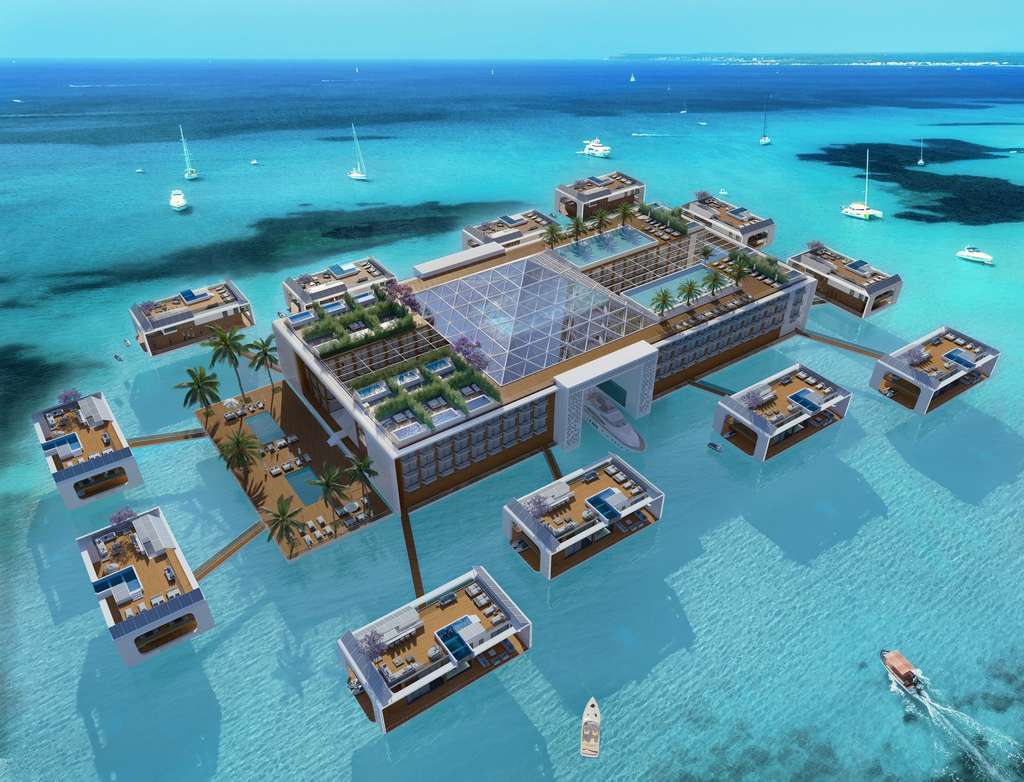



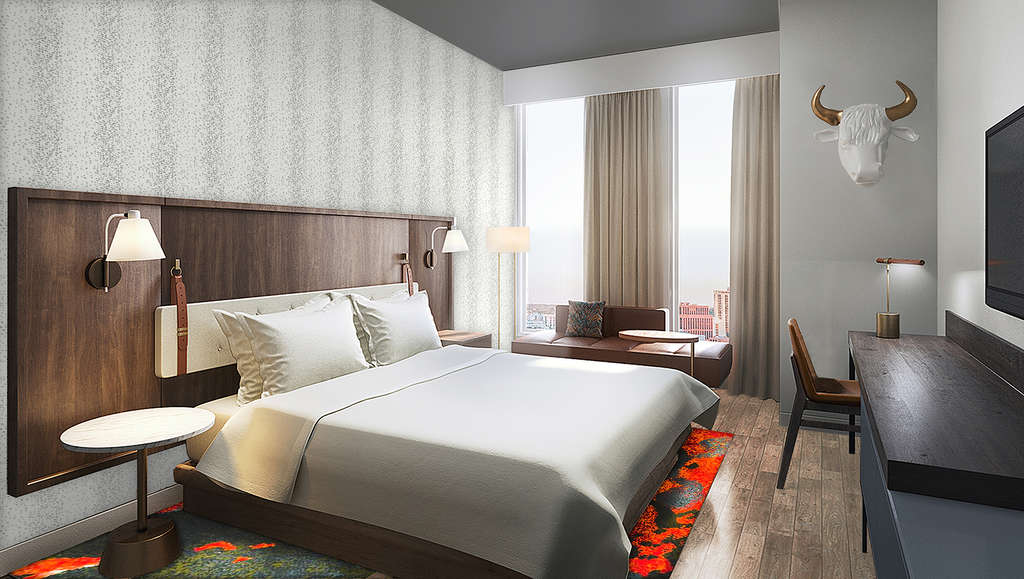

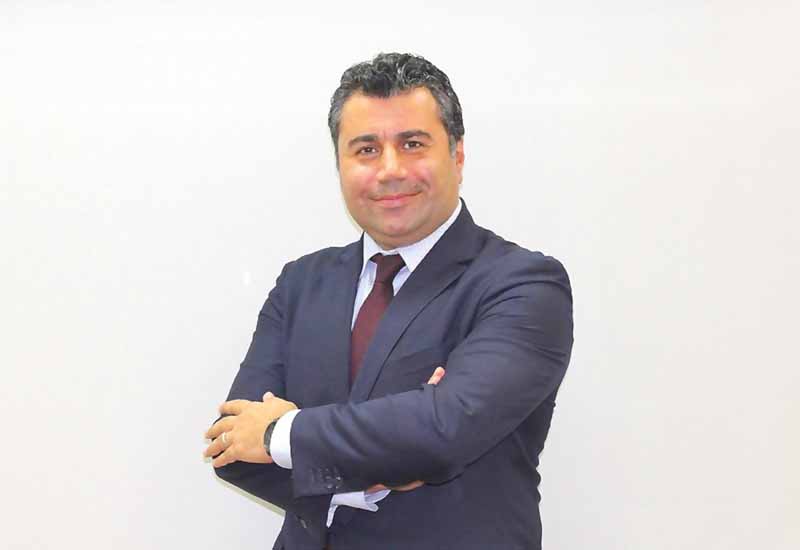
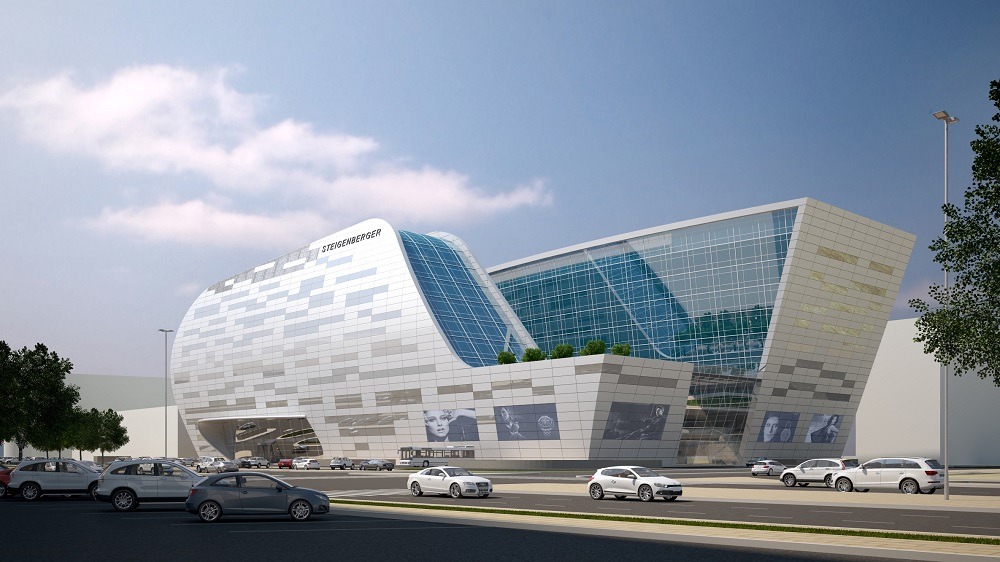

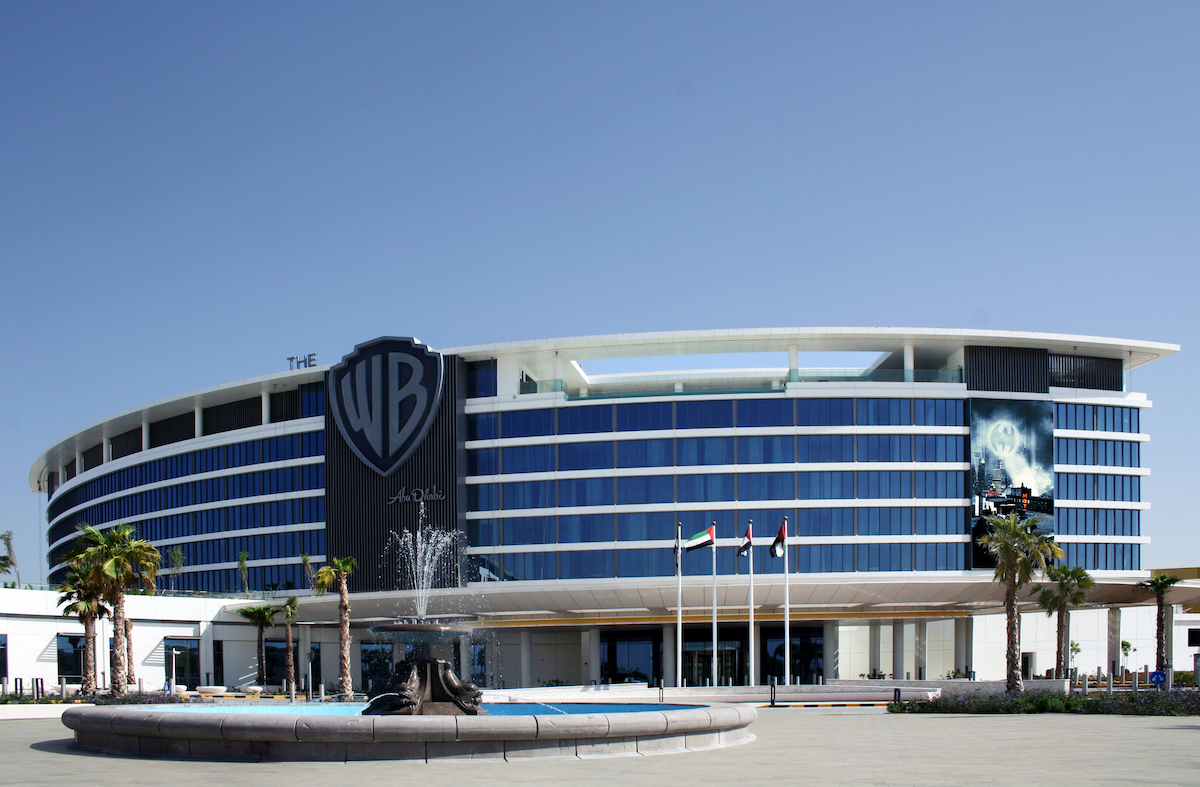




.jpg)





